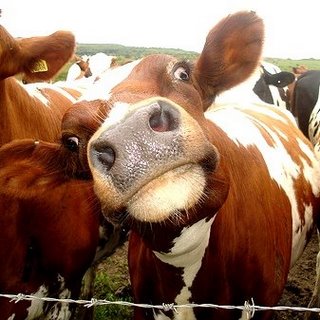You're a high-flying flag!
...haven't you ever heard of whistling in the dark?
Thanksgiving started off - awesome. We made the drive to Lake Naivasha, where we'd rented a couple of cottages right on the hippo and flamingo infested water. We celebrated on Friday after a full day of from-scratch cooking. Come to think of it - that phrase should come underlined, bold, and in italics to really get my point across: FROM-SCRATCH COOKING. The all-caps is for the extra oomph it took for Jake to get the turkey head clean off the body.
Dinner was amazing. It was a classic feast with excellent company. The highlight was definitely the butternut squash soup with cashew cream garnish. (Did you know cashews could make cream? Whoa.)
 |
| So much tastiness... |
 |
| I liked when they'd twinkle their ears. |
Long story short, their reputation for aggression toward humans became very, very real when - all of a sudden - this beast (that, by the way, can move on land at more than 30 miles per hour) charged. Have you ever fled in panic? Honestly, I don't think I'd ever actually had my fight or flight instinct tested before. Once, someone tried to follow me home in New York, but I yelled at him when I saw a friendly, neighborhood police officer coming my way. And that was the end of that story. But this time, it was serious. I ran. We all did. In panic.
A guide led us by the hippo and assured us he was the only one in the lake and that we could continue our hike without worry. Not long after, we found ourselves trekking through an open animal sanctuary, well removed from anything remotely resembling a trail. We came upon a herd of giraffes.
 |
| This was the highlight. Neat-o, eh? |
And out broke 'You're a Grand Old Flag,' meant to keep any wandering animals at bay. 'The home of the free and the brave' felt somewhat disingenuous to sing, but what can you do?
In the end, we survived and now have a great story of what to do... when hippos charge. (By the way, what you do is run, preferably in a zig-zag motion because, while fast, they're not especially adept at quick turns.)













